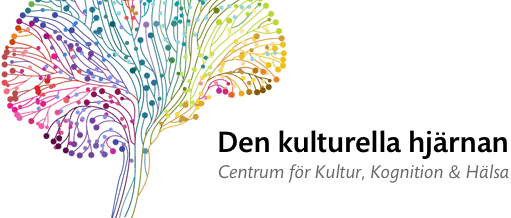En undersökning i liten skala tyder på att terapi med musikimprovisation har bättre effekt än terapi med leksaker på barn i 3 till 5-årsåldern med störning i autismspektrat. (Jinah Kim, Tony Wigram och Christian Gold, 2008)
Titel: The Effects of Improvisational Music Therapy on Joint Attention Behaviors in Autistic Children: A Randomized Controlled Study
Författare: Kim, Jinah, Wigram, Tony, Gold, Christian
Publikation: J Autism Dev Disorder
Volym: 38
Nummer: 9
Sidor: 1758-1766-
Publicerad: 2008
Sammandrag: The purpose of this study was to investigate the effects of improvisational music therapy on joint attention behaviors in pre-school children with autism. It was a randomized controlled study employing a single subject comparison design in two different conditions, improvisational music therapy and play sessions with toys, and using standardized tools and DVD analysis of sessions to evaluate behavioral changes in children with autism. The overall results indicated that improvisational music therapy was more effective at facilitating joint attention behaviors and non-verbal social communication skills in children than play. Session analysis showed significantly more and lengthier events of eye contact and turn-taking in improvisational music therapy than play sessions. The implications of these findings are discussed further.
Länk till original: http://dx.doi.org/10.1007/s10803-008-0566-6

